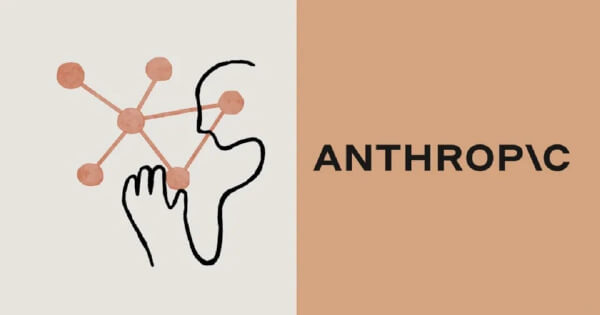Louisa Crawford
October 23, 2024 01:52
Anthropic’s Claude 3.5 Sonnet advances AI by emulating human computer interaction and opening up new applications. According to Anthropic, this development represents a significant step forward in the advancement of AI.
Anthropic has now unveiled a major milestone in the field of artificial intelligence with the launch of Claude 3.5 Sonnet, which has the ability to interact with computers similarly to humans. According to Anthropic, these advancements will allow AI to execute actions such as moving the cursor, clicking, and typing on a virtual keyboard.
Why computer interaction is important
Considering that the majority of modern work is performed on digital platforms, the ability of AI to interact directly with computer software is considered a significant advance. This feature opens new horizons in AI development by expanding the potential of AI applications that were previously unachievable. While previous advances have been made in logical reasoning and image recognition, this new capability breaks down the barrier of requiring custom tools for interaction.
Research and Development Insights
Claude’s development of computer interaction skills builds on his previous research in tool use and multimodality. The AI’s training involved interpreting screen images and executing commands based on visual clues. Remarkably, Claude was able to generalize his training from simple software environments such as calculators and text editors to more complex tasks.
During development, we faced similar challenges to typical AI research, including iterative testing and refinement. These efforts resulted in Claude achieving a 14.9% success rate in the OSWorld evaluation, a notable improvement over other AI models.
Addressing safety issues
Every technological advancement brings new challenges, especially in the field of safety. Claude’s current functionality does not increase the risk of frontier threats, but potential for misuse, such as rapid injection attacks, exists. Anthropic implemented safety measures to mitigate these risks and ensure that Claude’s computer skills were managed responsibly.
To guard against potential misuse, especially in the upcoming US elections, Anthropic has established protocols to monitor and direct Claude’s activities in sensitive domains.
Outlook: The Future of AI in Computing
The introduction of computer interaction marks a shift from adapting tools to AI to adapting AI to existing tools. Claude’s current interaction features are still under development, but speed, stability, and usability are expected to improve. Anthropic’s ongoing collaboration between researchers and safety teams aims to balance advanced features and robust safety measures.
Developers participating in the public beta are encouraged to provide feedback to further improve AI’s functionality and safety protocols.
Image source: Shutterstock

